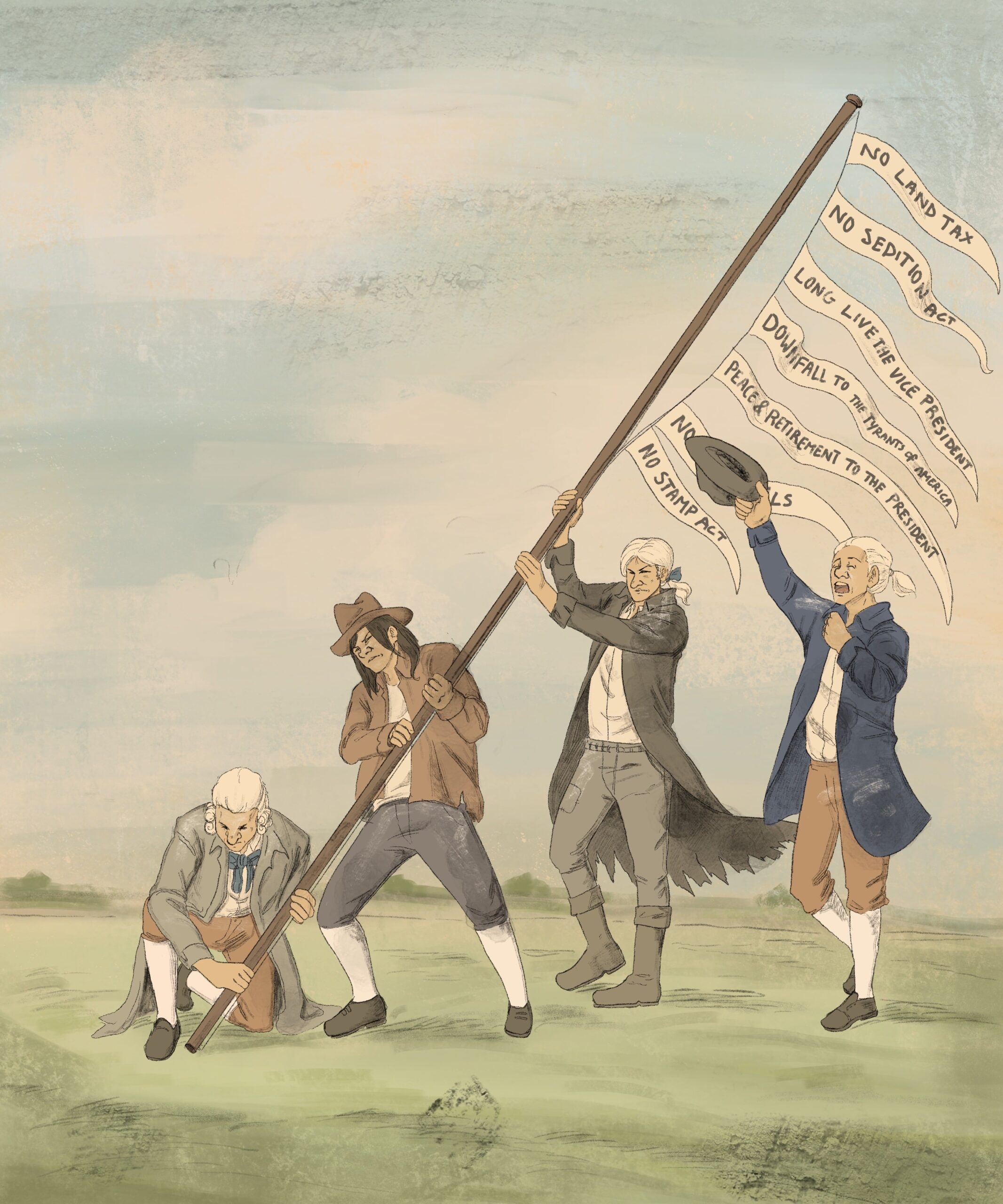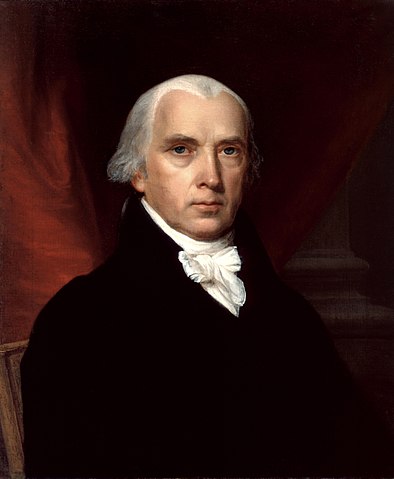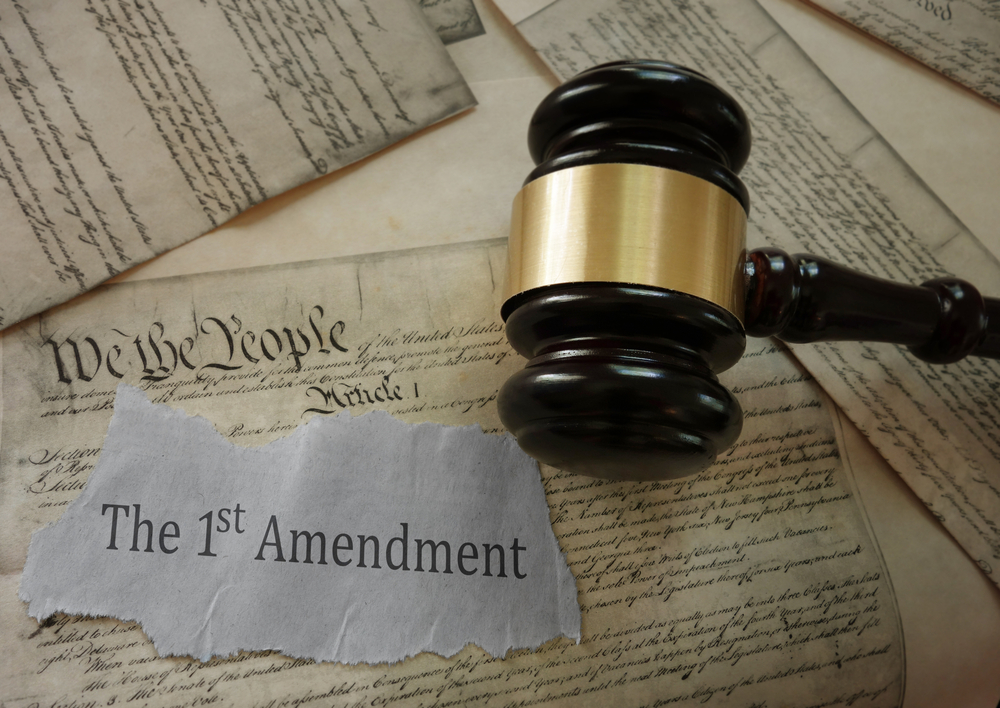Teacher Guide: The Sedition Act of 1798
The Sedition Act of 1798 was the first great test of the First Amendment’s protection for the freedom of speech and press. Under the new law, Americans could face up to $2,000 in fines (nearly $42,000 in 2020 dollars) and two years in prison for criticizing a public official. Passed only seven years after the ratification of the Bill of Rights, the Sedition Act forced the young country to decide not just whether it was truly dedicated to freedom of speech, but also what that idea would even mean in a democratic republic.
Teacher Guide: Why is James Madison’s Defense of Freedom of the Press Critical Today?
Public officials of all political stripes throughout American history have accused the press of false or biased reporting. President Donald Trump, for one, has accused some news organizations of publishing "fake news" about his administration. This is an opportune time for educators to reach back to James Madison for what may be the most powerful defense of freedom of the press written by any American.
Clear and Present Danger: Episode 22: Fighting Words – Free Speech in 18th Century America, Part II
Clear and Present Danger: A History of Free Speech is a podcast hosted by Jacob Mchangama, the founder and executive director of Justitia, a think tank focusing on human rights. […]
The End of Seditious Libel, 1964
Even after the First Amendment was ratified, the U.S. government found ways to punish dissenters who critcized the government and public officials. Eventually, the U.S. Supreme Court ruled that seditious libel, or the crime for criticizing government, was incompatible with the First Amendment.



